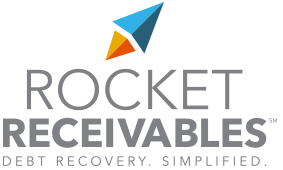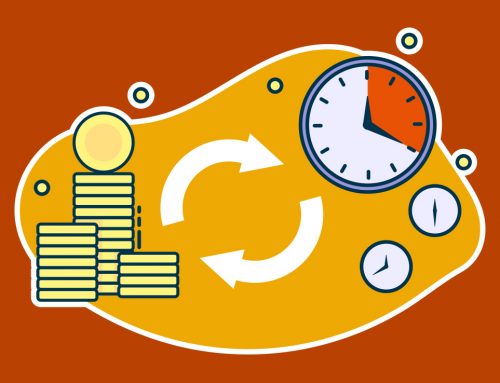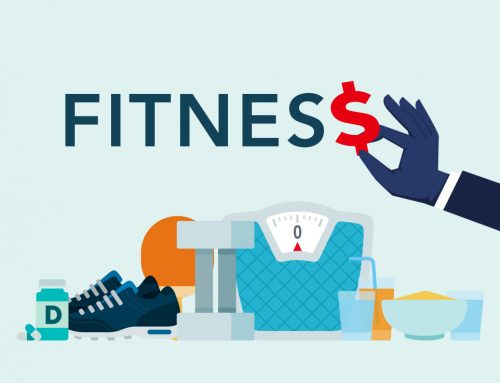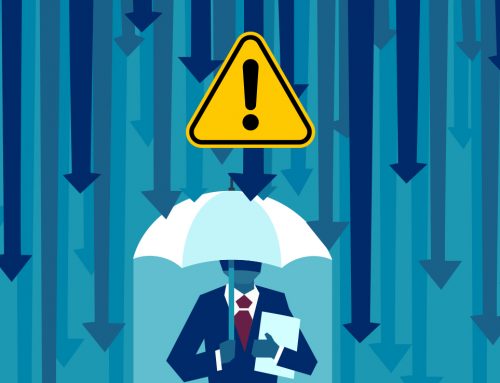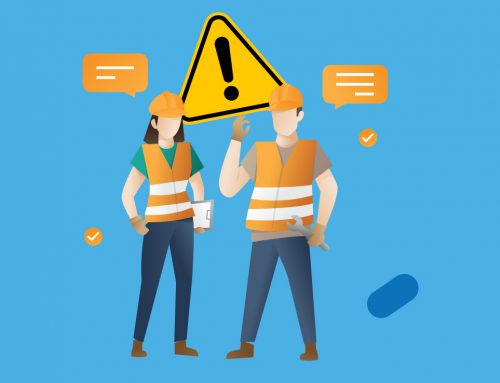If you have started your own small business, you have experienced the necessity of wearing many hats as you get your business off the ground. Especially if you started as a one-person enterprise, you know what it’s like to be responsible for everything from finding clients to taking out the trash.
You have also undoubtedly dealt with the accounting side of running a business. Even sole proprietors know how complex issues like tax planning can be, and as they scale their business up, many of them realize the value of hiring an accountant or having one on retainer.
One study by financial software maker Intuit found that 89% of small businesses say they are more successful after having hired an accountant. Can small businesses get by without an accountant? Yes. But should they? That’s a question you’ll have to answer after assessing several factors.
Signs Your Small Business Needs an Accountant
If you’re just getting started with your small business, here are some milestones for which you may want the input of an accountant:
- Writing your business plan
- Determining the best structure for your business, whether that’s an LLC, a proprietorship, or some other structure
- Obtaining necessary licenses
- Setting up bookkeeping software (or even choosing bookkeeping software)
If your business is already operational, here are some indications that it might be time to hire an accountant:
- You have questions about complying with sales tax laws.
- Your payroll is growing, and you’re concerned about wage and compliance issues.
- You want to be certain you’re fulfilling all reporting requirements for credit, credentialing, or other obligations.
Bear in mind that hiring an accountant doesn’t necessarily mean hiring one to work full-time at your business, though that certainly is an option. Many smaller businesses work with independent accountants or accountancy firms on a retainer basis.
Situations Where You May Not Need to Hire an Accountant
If you are a solo freelancer, you might not need an accountant as long as you keep meticulous track of your income and expenses. You might only want to work with an accountant to ensure your taxes are done correctly.
If your business is a side business or a hobby with which you’re able to earn some side income, you may not need an accountant. Again, however, you must track income and expenses accurately – something you may be able to do with a simple spreadsheet.
Outsourcing Accounts Receivable and other Financial Management Tasks
Whether or not your company hires an accountant, you may choose to outsource certain tasks related to accounting. For example, many small businesses outsource payroll because of the strict regulations surrounding payroll administration. Some outsource the management of accounts receivable, because they don’t have an accountant, or because their accountant’s hands are already full. Debt collection is another task that many small and medium-sized businesses outsource. It’s a task that is necessary, but easy to place on the back burner.
Debt Collection Agencies Valuable to Businesses With or Without Their Own Accountants
Debt collection agencies offer services that can be of tremendous help, whether or not you have your own accountant. A debt collection agency specializing in small businesses can help you get what you’re owed without your having to devote excessive amounts of time to making phone calls and chasing the debt yourself. Small business owners and their employees are busy enough without having to spend time trying to collect on a debt.
Rocket Receivables is an easy-to-use debt collection service that is ideal for smaller businesses – whether or not they have an accountant. With its proven two-stage debt collection process and conveniences like online 24/7 access to your account, Rocket Receivables helps small businesses like yours keep cash flow strong and minimize the amount of bad debt that has to be written off. If you’re ready to let the professionals handle your debt collection, click to buy now.
